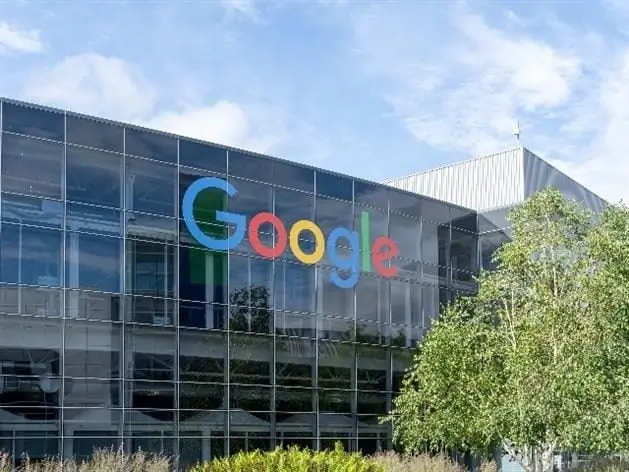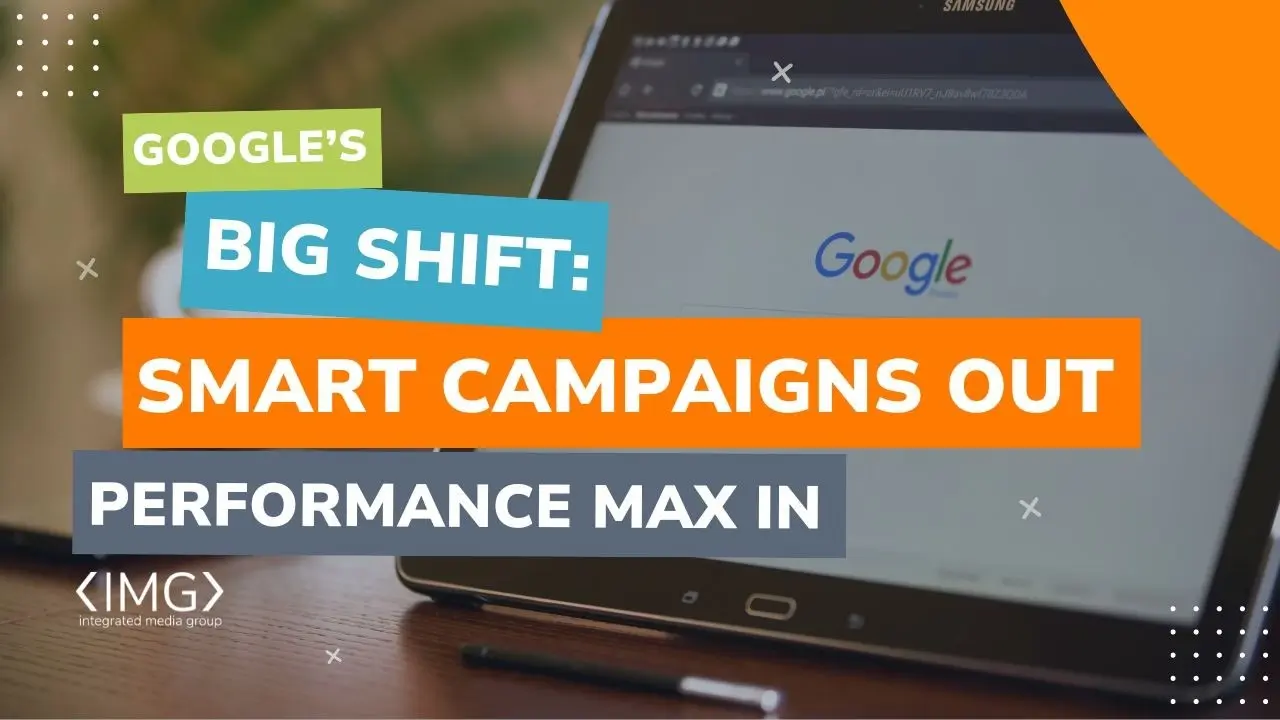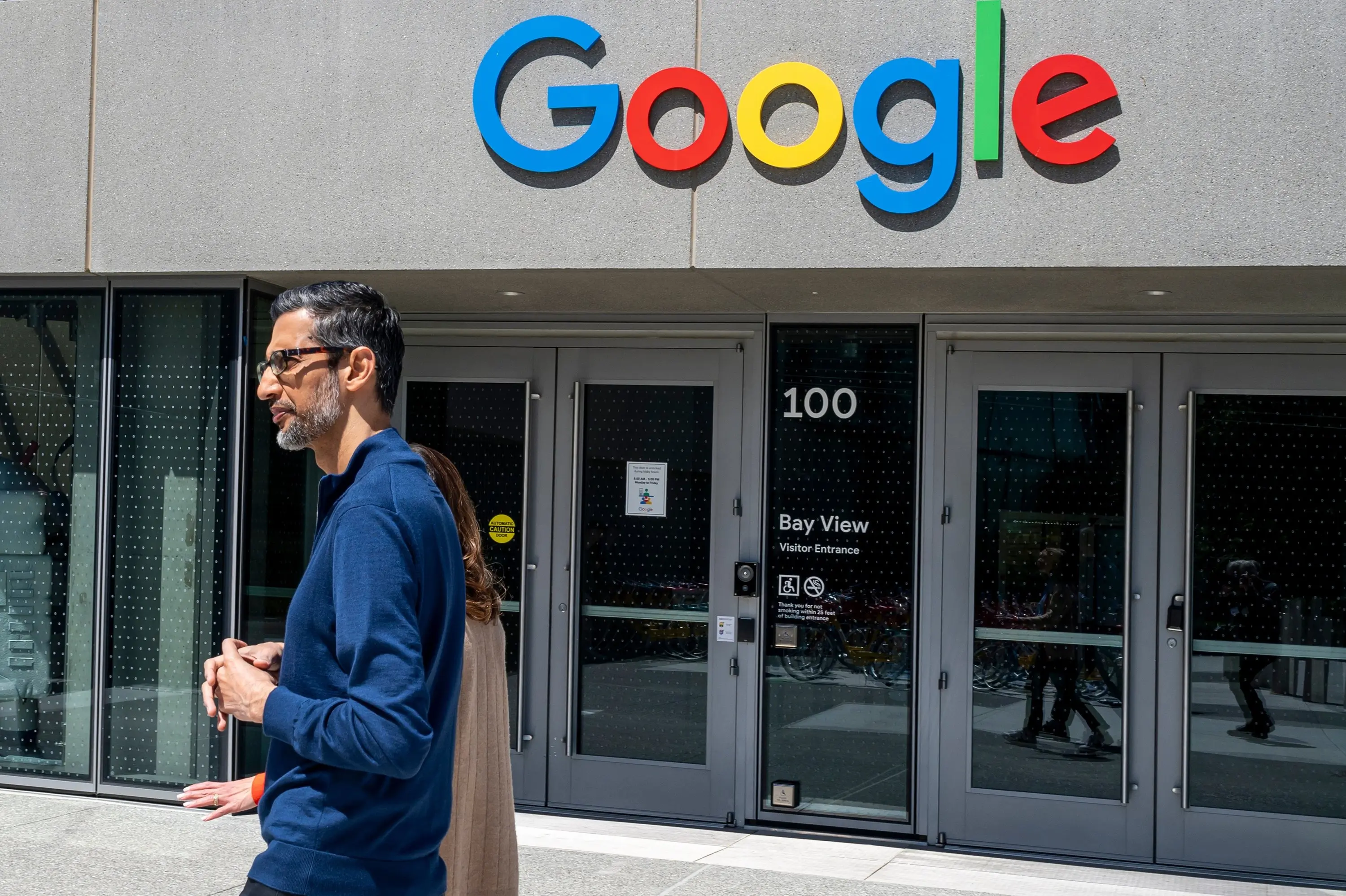This recent development in the Privacy Sandbox saga serves as a stark reminder for the whole digital advertising industry, says George London from Upwave.
The following is a guest article by George London, CTO of the brand analytics platform Upwave. The views expressed are solely those of the author.
In a surprising turn of events, Google has recently decided to continue supporting third-party cookies in Chrome. This latest development in the ongoing Privacy Sandbox saga is more than just a tech news update—it’s a critical warning for the entire digital advertising industry.
Having spent numerous hours deeply engaged in World Wide Web Consortium privacy debates and analyzing Google API proposals, I’ve witnessed this prolonged saga with both intrigue and exasperation. The outcome highlights the dangers of concentrating immense power in the hands of tech giants who often grapple with managing that power responsibly.

The Privacy Paradox
At its essence, the Privacy Sandbox was an ambitious attempt to reconcile conflicting priorities. Google, a leader in harvesting and monetizing user data, found itself navigating between two opposing forces. On one side, Apple’s strong privacy-centric marketing posed a threat to Google’s public image, while on the other, Google’s desire to retain ad revenue within its own platforms clashed with its need to support a thriving, open-web ecosystem essential for its search business.
Google’s proposed solution? A comprehensive strategy aimed at safeguarding its reputation, sustaining its business model, and keeping the open web alive. Although a commendable objective in theory, it turned out to be unachievable in practice.
The Fatal Flaw
Google’s approach was critically undermined by its narrow definition of privacy, which focused exclusively on preventing cross-site tracking. This oversimplified perspective set an unattainably high standard for the Privacy Sandbox APIs, demanding they facilitate effective advertising while simultaneously making cross-site data sharing technically impossible.
By adhering to this rigid definition, Google was able to avoid more complex discussions about data collection and usage that could have threatened its core business model. However, this strategy could only produce technically advanced APIs that fall short of meeting the practical needs of the digital ecosystem.
The Aftermath
Google’s announcement doesn’t signal the permanent survival of third-party cookies. Industry experts anticipate that Google will likely adopt a similar approach to Apple’s App Tracking Transparency consent prompts, severely reducing (though not outright eliminating) the availability of cookies.
This outcome may be the worst of all scenarios. The industry loses momentum in transitioning away from outdated tracking methods, while the Privacy Sandbox initiative is likely to stall without the pressing deadline of cookie deprecation.
The consequences of Google’s failed experiment are extensive. The credibility of privacy-enhancing technologies has been undermined, leaving many advertisers to either double down on potentially less privacy-friendly alternatives or feel justified in never having attempted to move away from cookies at all. The uncertainty surrounding the future of the open web has hastened the shift of ad spending into walled gardens, ironically concentrating even more user data in the hands of a few tech giants.
Although Google might now successfully navigate regulatory challenges and fend off Apple’s attacks, it has left the open-web ecosystem damaged and vulnerable. The opportunity cost of this years-long journey is immense, with countless hours and resources poured into what ultimately turned out to be an illusion.
Charting a New Course
As an industry, we find ourselves at a critical juncture. It’s evident that both self-regulation and the heavy-handed de facto regulation imposed by tech giants have fallen short. What’s needed now is a truly collaborative, multi-stakeholder effort to establish realistic privacy standards, practices, and enforceable rules that are effective.
This endeavor will require an international coalition that brings together regulators, industry leaders, academic experts, and user advocates. Together, they should strive to create a flexible, adaptable privacy framework that acknowledges the nuanced nature of privacy and the complex realities of data use in today’s web ecosystem.
This framework must strike a balance between fostering innovation and enabling effective advertising while ensuring robust user protections, using both technology and legal measures. It should establish clear, enforceable rules that mitigate the most significant harms without placing undue burdens on startups or stifling innovation. Rather than attempting a utopian overhaul of the web’s entire economic foundation, it should focus on making incremental improvements within the existing ecosystem.
As we move past the Privacy Sandbox debacle, the digital advertising industry must adapt and evolve. Prioritizing collaboration is essential. We need to actively engage in and advocate for our interests within multi-stakeholder initiatives. A key failure of Google’s effort was the lack of early industry involvement, a misstep we must avoid repeating.
In the meantime, we must prepare for a transitional phase where cookies rapidly decline, yet no definitive replacement is established. Advertisers should invest in and evaluate the effectiveness of various strategies, including first-party data utilization, contextual targeting, and emerging privacy-preserving methods.
Patience will be essential as we navigate this evolving landscape. While a comprehensive federal privacy law in the United States seems inevitable, well-crafted regulatory frameworks typically take time to develop. Engaging constructively with regulators, rather than trying to hinder their efforts, is clearly the wisest course of action.
Google’s latest privacy misstep presents an opportunity for a fresh start. By embracing collaboration, diversifying our strategies, and working constructively with regulators, we can move toward creating a digital ecosystem that is truly user-centric and privacy-respecting. This new approach has the potential to rebuild consumer trust, encourage innovation, and ensure the long-term sustainability of the open web.
The road ahead will be challenging, but the potential rewards are significant. It’s up to us to shape the future of digital advertising and the open internet itself.












